
Helping a bearded dragon poop is essential for its overall health. Many reptile owners face challenges with bearded dragon bowel movement and digestion slowdown. Understanding the root causes and remedies for constipated bearded dragons, impaction, and digestive issues ensures your pet thrives.
Why Is My Bearded Dragon Not Pooping? Understanding the Causes
A bearded dragon not pooping but still eating can signal stool blockage, digestive slowdown, or intestinal blockage. Common causes include:
- Low hydration leading to dry poop bearded dragon
- Inadequate fiber in diet causing constipation symptoms
- Improper basking temperature affecting metabolism and digestion
- Possible impaction from substrate ingestion or food blockage
- Calcium imbalance or health issues slowing digestion
Recognizing these underlying factors helps in planning the best approach to stimulate bowel movement.
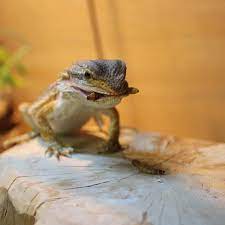
Identifying Constipation and Impaction in Bearded Dragons
Signs of a constipated bearded dragon or bearded dragon impaction include:
- Infrequent or no bowel movements despite regular feeding
- Hard, chalky, or dry stool indicating dehydrated reptile stool
- Swollen belly or discomfort indicating digestive blockage
- Lethargy and loss of appetite in severe cases
Differentiating between simple reptile constipation and serious intestinal obstruction is crucial to selecting treatment.
How to Help Bearded Dragon Poop: Practical Poop Stimulation Methods
To help your bearded dragon have a healthy bowel movement, try the following:
Warm Bath Stimulation
- Soak your bearded dragon in lukewarm water for 15-20 minutes; this helps soften stool and encourages defecation.
Gentle Belly Massage
- Use circular motions on the abdomen to activate digestion and bowel movement.
Increase Hydration
- Offer water regularly and add moisture-rich vegetables to their diet to prevent digestive dehydration.
Dietary Adjustments
- Feed fiber-rich foods like pumpkin puree as a natural stool softener.
- Avoid substrates that can cause impaction, like sand.
Use of Reptile Laxatives and Stool Softeners
- Consult a vet for safe reptile laxatives or stool softeners if home remedies fail.
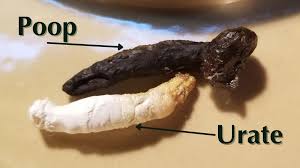
Treating and Preventing Bearded Dragon Constipation
Constipation Treatment Tips
- Warm baths combined with hydration therapy can relieve stool blockage.
- Massage the belly with gentle pressure to encourage stool movement.
- Adjust diet by increasing fiber and water intake.
- Monitor basking temperature for optimal digestion.
- Use olive oil drop reptile method sparingly as a home remedy under guidance.
When to See a Vet
- If constipation persists or signs of impaction in reptiles appear, veterinary intervention is needed.
- Treatment may include vet-prescribed laxatives, enemas, or surgery in severe cases.
Bearded Dragon Gut Health: Long-Term Care for Digestion
Maintaining healthy digestion prevents future poop irregularities and digestive problems. Key aspects include:
- Balanced diet with varied vegetables and occasional insects for fiber and nutrients
- Proper hydration to avoid dry, chalky stools
- Adequate basking UVB exposure to regulate metabolism
- Clean habitat to reduce risk of accidental ingestion causing impaction
Conclusion: Supporting Your Bearded Dragon’s Digestive Wellness
Helping your bearded dragon poop is vital for its health and happiness. Regular hydration, diet management, warm soaks, and gentle massage are powerful tools you can use at home. Always monitor for signs of constipation or impaction and seek veterinary care when needed to ensure your reptile stays healthy and comfortable.
FAQ Section
Q: How can I tell if my bearded dragon is constipated?
A: Signs include no poop for days, hard stools, swollen abdomen, or lethargy.
Q: What home remedies help stimulate bearded dragon bowel movement?
A: Warm baths, belly massages, pumpkin puree, and increased hydration often encourage poop.
Q: When should I worry about impaction?
A: If your dragon refuses to poop for several days, shows swelling, or stops eating, seek vet care as it may have an intestinal blockage.
Q: Can I give my bearded dragon laxatives?
A: Only under veterinary advice; some reptile-safe laxatives help but improper use can cause harm.
Q: Why does my bearded dragon eat but not poop?
A: This could indicate partial impaction or digestive slowdown needing hydration and diet review.
You may also like
- Do Bearded Dragons Get Depressed?
- Healthy Bearded Dragon V/S Unhealthy
- Finding the Right Source: A Veterinarian’s Guide to Selecting Quality Dragon Providers
Share
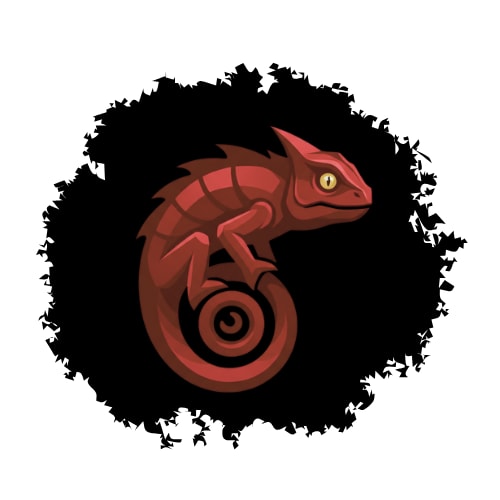
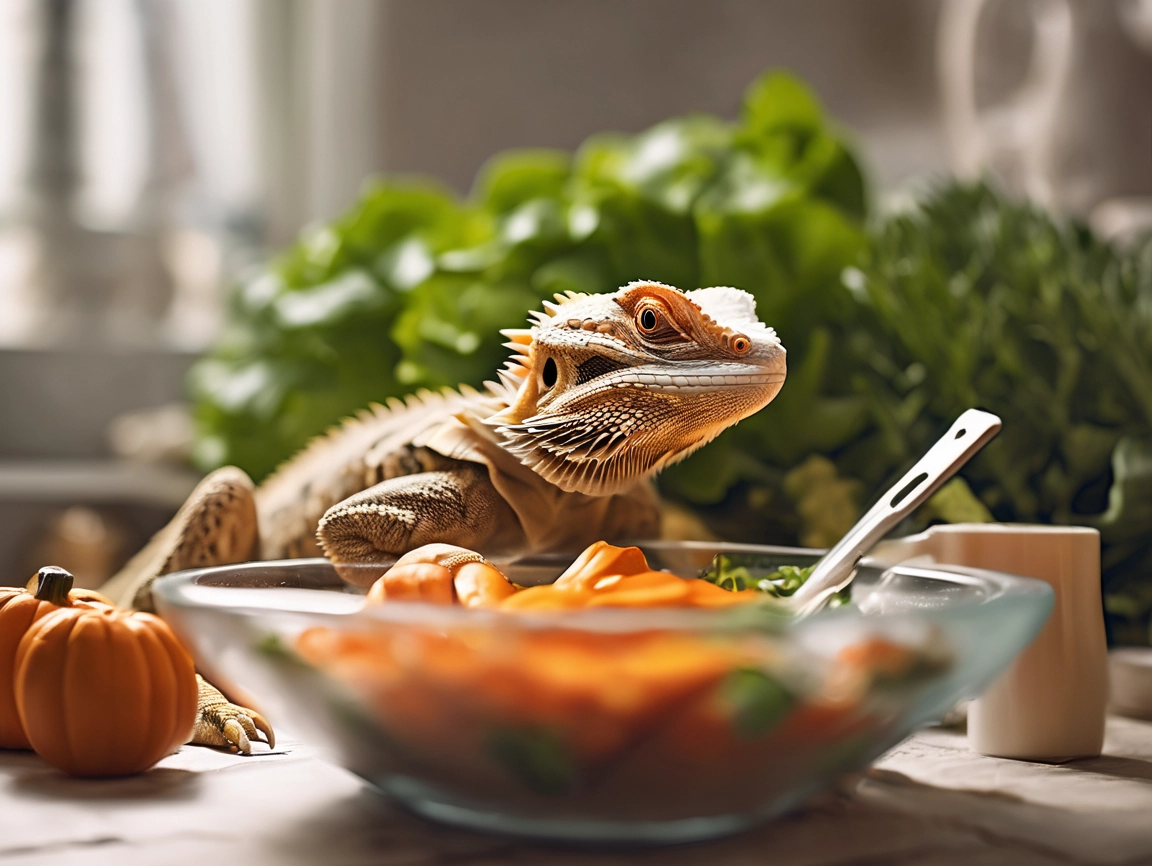
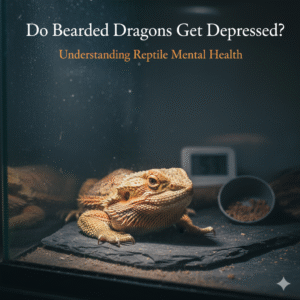

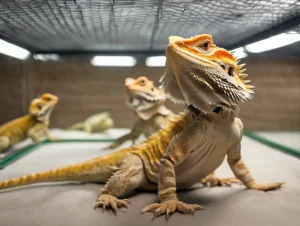
Leave a Reply